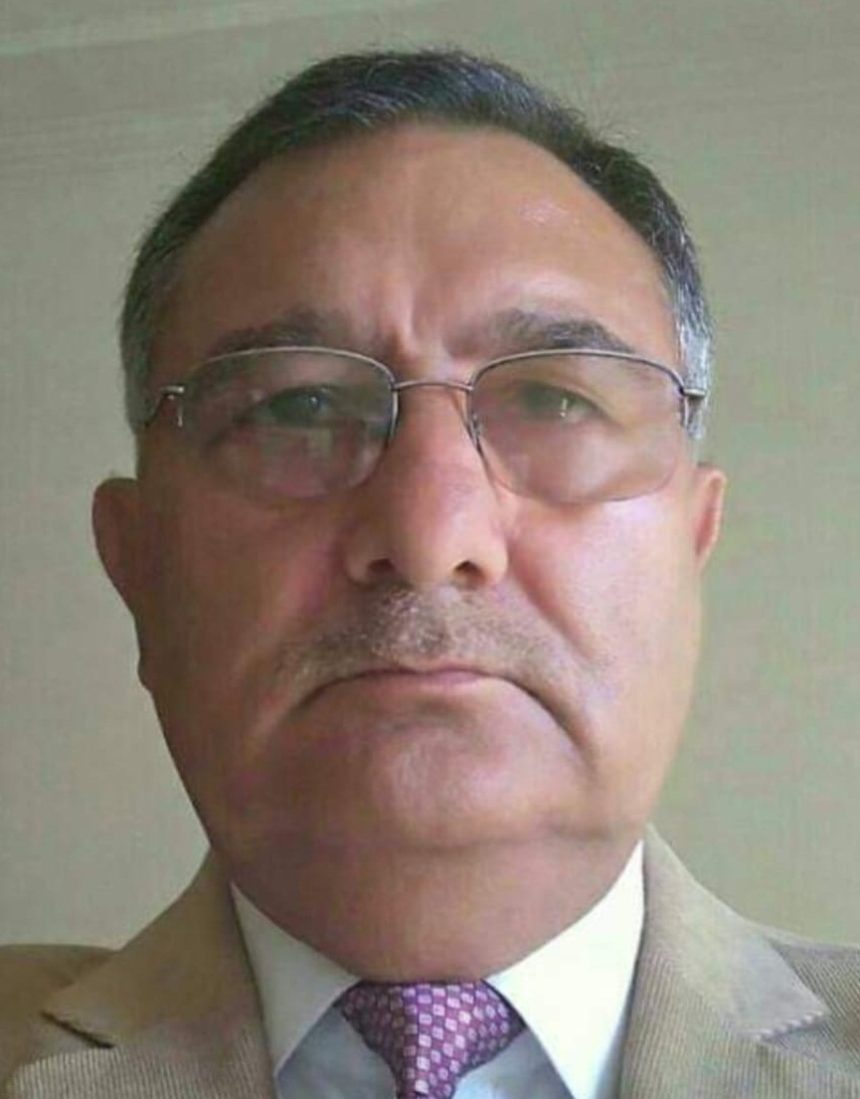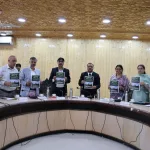Introduction
Kashmir, known for its breathtaking landscapes and rich cultural heritage, has been facing an alarming increase in suicidal incidents and drug abuse. The rise in these distressing issues is attributed to a combination of factors like economic instability, and social pressures. This article delves into the growing concerns, examines the reasons behind these problems, and discusses the roles and responsibilities of the government, parents, civil society, and religious leaders. Finally, it proposes remedies to address these critical issues.
Increasing suicidal incidents
The increase in suicidal incidents in Kashmir is deeply concerning. Reports indicate a significant rise in the number of individuals, particularly young people, resorting to suicide by jumping from bridges and drowning. This trend highlights a severe mental health crisis in the region. The reasons for such drastic measures are multifaceted, ranging from personal and familial issues to broader socio-political and economic challenges.
Rising drug abuse
Alongside the increase in suicides, drug abuse has emerged as a severe problem in Kashmir. The prevalence of substance abuse among the youth has escalated, leading to devastating consequences for individuals, families, and society at large. Easy availability of drugs, peer pressure, and the lack of adequate recreational and employment opportunities contribute to this growing menace.
Some of the reasons behind the Increase:
Economic hardships
Unemployment and economic instability are major contributors to the mental health crisis in Kashmir. The lack of job opportunities and economic growth has left many young people feeling hopeless and without purpose. Financial struggles not only affect individuals but also place immense stress on families, further exacerbating mental health issues.
Social pressures and family dynamics
In a conservative society like Kashmir, social pressures and family expectations can be overwhelming. The stigma associated with mental health problems often prevents individuals from seeking help. Additionally, strained family relationships and domestic issues can push individuals towards extreme measures.
Easy access to drugs
The easy availability of drugs in Kashmir has made substance abuse a rampant issue. Cross-border smuggling, coupled with inadequate law enforcement, has facilitated the spread of narcotics in the region. Peer pressure and the desire to escape from the harsh realities of life drive many young people towards drug use.
Responsibilities of Stakeholders:
Government
The government has a crucial role to play in addressing the mental health and drug abuse crises in Kashmir. Policymakers need to prioritize mental health by allocating resources for the establishment of mental health centers and training professionals to provide counseling and support services. Additionally, strict measures should be taken to curb drug trafficking and ensure that drug rehabilitation centers are accessible and effective.
Parents
Parents are the primary caregivers and influencers in their children’s lives. They need to be vigilant and supportive, recognizing the signs of mental distress and substance abuse. Open communication, emotional support, and creating a nurturing environment at home can go a long way in preventing these issues. Parents should also educate themselves about mental health and substance abuse to better guide their children.
Civil Society
Civil society organizations and NGOs play a vital role in raising awareness and providing support to those in need. They can organize workshops, seminars, and community programs to educate people about mental health and the dangers of drug abuse. These organizations can also advocate for policy changes and work towards creating a supportive environment for affected individuals.
Religious Leaders
Religious leaders hold significant influence in Kashmir’s society. They can use their platforms to spread awareness about mental health and discourage drug use. By addressing these issues in sermons and community gatherings, religious leaders can help reduce the stigma associated with seeking help and encourage individuals to seek support from their faith and community.
Remedies and solutions:
Enhancing Mental Health Support
- Establishing Mental Health Centers: The government should invest in establishing mental health centers across Kashmir, ensuring that they are accessible to people in both urban and rural areas. These centers should provide counseling, therapy, and psychiatric services.
- Training Mental Health Professionals: There is a dire need for trained mental health professionals in Kashmir. The government should facilitate the training of psychologists, psychiatrists, and counselors to meet the growing demand for mental health services.
- School-Based Mental Health Programs: Introducing mental health education in schools can help students understand and manage their emotions better. Schools should have trained counselors to provide support to students facing mental health challenges.
Addressing drug abuse
- Stricter Law Enforcement: The government must strengthen law enforcement to combat drug trafficking and distribution. This includes cracking down on drug smuggling routes and increasing surveillance at borders.
- Rehabilitation Programs: Effective drug rehabilitation programs should be established to help individuals recover from addiction. These programs should offer medical, psychological, and social support to ensure successful reintegration into society.
- Awareness Campaigns: Continuous awareness campaigns about the dangers of drug abuse should be conducted at the community level. These campaigns should target young people and educate them about the risks and consequences of substance abuse.
Socio-Economic Development
- Creating Employment Opportunities: The government should focus on creating job opportunities for the youth. This can be achieved by promoting entrepreneurship, providing vocational training, and encouraging investment in the region.
- Economic Support Programs: Financial assistance programs for families in need can help alleviate economic stress and reduce the burden on individuals. These programs can include scholarships, grants, and subsidies for essential services.
Strengthening Community Support
- Community Support Groups: Establishing community support groups can provide a platform for individuals to share their experiences and seek help. These groups can offer emotional support, advice, and resources for those struggling with mental health issues or substance abuse.
- Family Counseling Services: Family counseling services can help resolve domestic conflicts and improve family dynamics. These services should be readily available and accessible to all families in need.
Role of Education and Awareness
- Incorporating Mental Health Education: Integrating mental health education into school curriculums can help students understand the importance of mental well-being and recognize the signs of mental health issues.
- Public Awareness Campaigns: Government and civil society organizations should conduct public awareness campaigns to educate people about mental health and the harmful effects of drug abuse. These campaigns can utilize various media platforms to reach a wide audience.
Conclusion
The increase in suicidal incidents and drug abuse in Kashmir is a pressing issue that requires immediate attention and concerted efforts from all stakeholders. The government, parents, civil society, and religious leaders must collaborate to create a supportive environment that addresses mental health challenges and curbs substance abuse. By implementing comprehensive mental health support systems, enhancing law enforcement, and fostering socio-economic development, we can work towards a healthier and more resilient Kashmir. It is crucial to prioritize the well-being of individuals and communities to ensure a brighter and more hopeful future for the region.
(The author is a Social Activist and National TV debater. The Views expressed are his own and can be reached on @[email protected])








